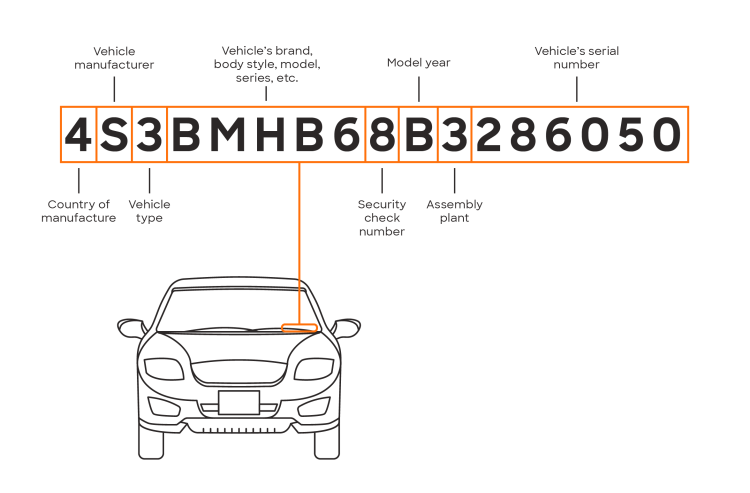One of the first things you’ll have to fill out when applying for car insurance is your car’s make and model. This is a pretty simple ask — your car’s make is the name of its manufacturer, and your car’s model is the product, or product line it’s part of. For example, if you drive a Honda Accord, the make would be Honda, the manufacturer, and the model is Accord. For a Toyota Prius, the make is Toyota and the model is Prius.
There may be variations even within models, for example some models may come in multiple body styles, like two-door and four-door versions. Models may also have multiple engine or powertrain options.
Models of cars usually come in several trim level options. The trim level essentially refers to the special features and equipment you can choose for your car. The trim level with the least amount of features is considered the base model.
Your car’s make and model tell insurers exactly what type of vehicle you’re driving — something that is also important for you to know as a driver. But not everyone knows how to figure out their car’s make and model. Here’s what you need to know about learning that basic information about your car.
How to find your car’s make and model
Your car’s make should be pretty clear just from looking at its outside. Most vehicles have the manufacturer’s logo, name or symbol on their exterior, usually on the back on the car. So you can usually tell by looking whether a car is a Ford, Kia, Chevy, etc. The model name is also sometimes displayed on the exterior of a car. You can also use a car’s vehicle identification number (VIN) to look up its make, model and other important identifiers.
What is a vehicle identification number?

A vehicle identification number (VIN) is a unique, 17-digit code specific to every vehicle. The digits in your VIN tell you all the information you need to know about your car, including its make, model, engine specifications, year, serial number — even the place where it was assembled.
Your car’s VIN should be printed on the driver’s side of the dashboard, near where the dash meets the windshield. It’s usually visible if you’re standing outside of the car looking in through the windshield. If you don’t see your VIN there, check on the inside of your driver’s side door.
How make and model affects your car insurance
Your car’s make and model are key factors in determining how much you’ll pay for car insurance. Your car insurance premiums, the regular payments you make to your insurance provider to keep your policy active, are determined by a number of factors. Your age, driving history, address, gender, and credit score all affect how much you’ll pay. But your car’s make and model also play a large role. In general, the more expensive a car is, the more expensive it will be to insure.
Cars that are cheaper to insure tend to be safe and moderately priced, as opposed to luxury cars. Vintage, antique, exotic or performance cars will be much more expensive to insure, and may require specialty insurance policies.
